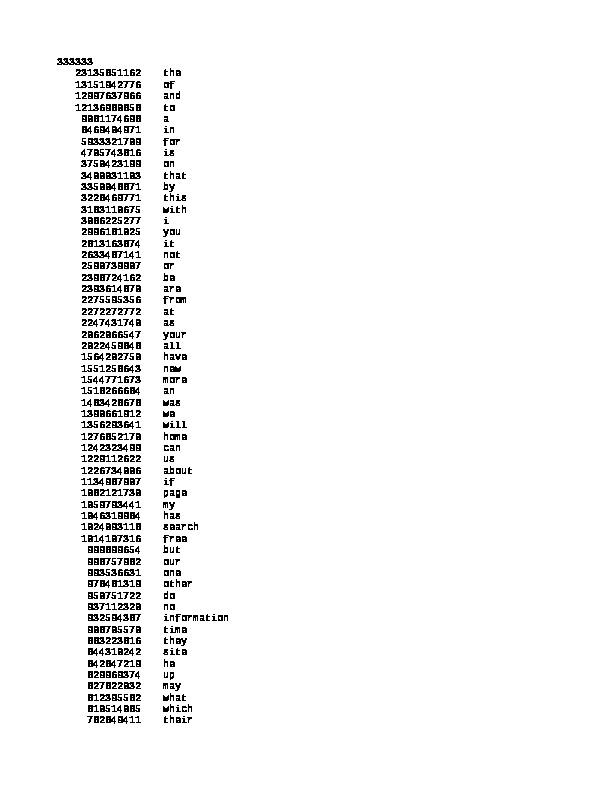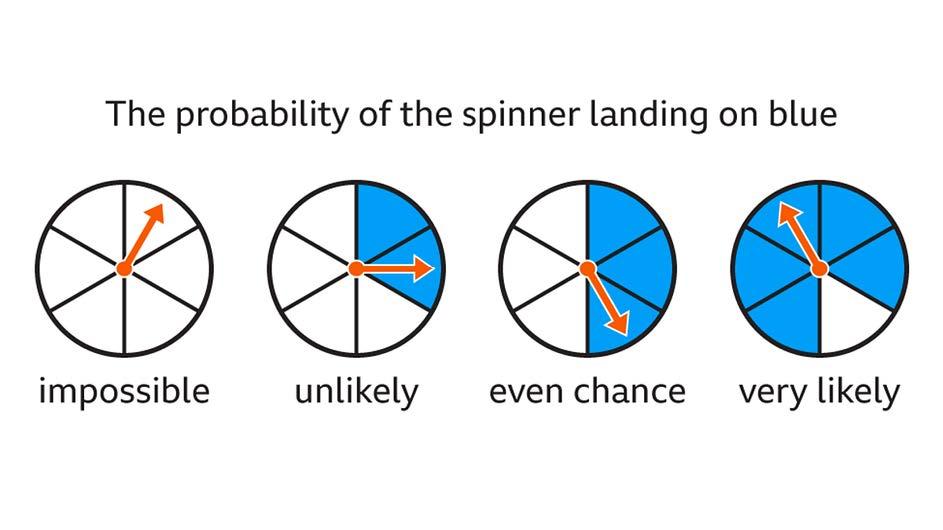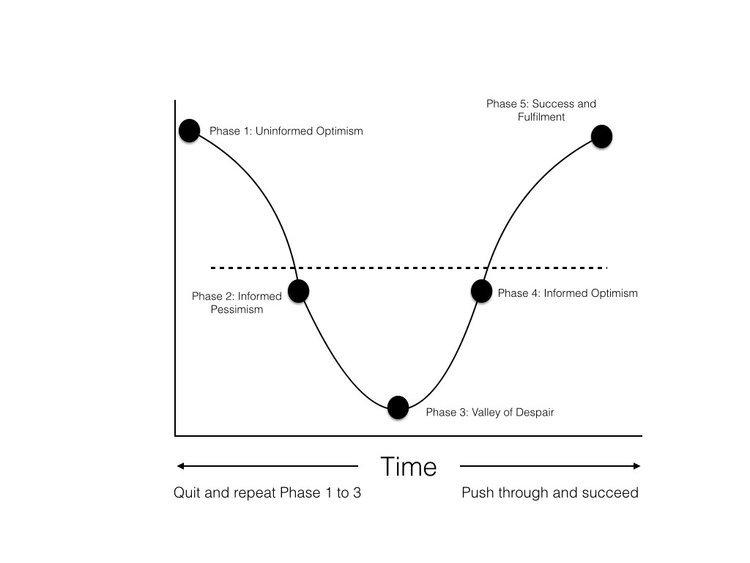Roll of the Dice, Dash of Frustration: The Mysterious Case of RPG RNG Enmity
In the realm of Role-Playing Games (RPGs), a silent nemesis lurks in the shadows, toying with the fates of even the most skilled players. It’s not a fire-breathing dragon or an otherworldly sorcerer, but a far more insidious foe: Random Number Generation, or RNG. Seemingly driven by a mischievous desire to confound and torment, RNG has earned a reputation for cruel unpredictability. But is it more than just a cruel coincidence? For many gamers, the question persists: why does RPG RNG seem to have a personal vendetta against them? In this article, we’ll delve into the world of probability and perception to uncover the underlying forces at play, and attempt to unravel the mystery of the seemingly vengeful RNG.
Understanding the Cruel Nature of RPG RNG
The Unyielding Grip of Probability
RPG RNG (Random Number Generation) often seems like an unrelenting force, one that toys with our emotions and our sanity. It’s not uncommon for players to feel like they’re trapped in a never-ending cycle of bad luck, with every die roll and every loot drop conspiring against them. But is this simply a case of confirmation bias, or is there something more at play? Consider the following ways in which RNG can make or break a gaming experience:
- Extended dry spells: Who hasn’t experienced a prolonged period of bad luck, where every attack misses and every skill fails to trigger?
- Uncanny streaks of good fortune: Conversely, some players may find themselves on an inexplicable hot streak, where every shot hits its mark and every drop is a rare item.
- Infuriating near-misses: We’ve all been there – a hair’s breadth away from landing a crucial hit, only to see it fall agonizingly short.

The Psychology Behind Frustration and Addiction
Our brain’s tendency to recognize patterns, even where none exist, can lead to a heightened sense of frustration in RPGs. This phenomenon is often referred to as the “gambler’s fallacy.” When we experience a streak of bad luck, our minds insist that the next roll will be in our favor, simply because we feel the odds must eventually even out. However, the previous outcome has no influence on the next, making each roll an independent event. This misconception can trigger feelings of despair and urgency, ultimately drawing us in for more.
Meanwhile, the near-miss effect and partial reinforcement schedules keep us hooked, regardless of our success. These psychological mechanisms can lead to a full-fledged addiction, as we continue to chase the elusive sensation of triumph. The table below illustrates the primary differences between these mechanisms:
| Psychological Mechanism | Effect on Behavior |
|---|---|
| Near-miss effect | Increased motivation due to close proximity to a goal or reward. |
| Partial reinforcement schedules | Unpredictable rewards or intervals lead to compulsive behavior. |
As the line between progress and disappointment blurs, it’s essential to recognize the psychological forces driving our actions. Some of the common traits that may indicate problematic behavior include:
- Feelings of loss or despair when a gaming session doesn’t go as planned.
- Compulsive need to continue playing to rectify past failures.
- Disregard for personal responsibilities and time constraints.
- Distraction from daily activities due to constant gaming-related thoughts.

Deconstructing the Algorithms of Chance
Random Number Generators (RNGs) are the backbone of modern gaming, particularly in the realm of Role-Playing Games (RPGs). While they are designed to provide an element of unpredictability and excitement, they can sometimes feel downright malevolent. So, what drives these algorithms, and why does it seem like they’re conspiring against us?
Behind the scenes, RNGs use complex mathematical equations to generate truly random numbers. These numbers are then used to determine the outcomes of various in-game events, such as combat encounters, ability activations, and loot drops. The algorithms are typically based on the following principles:
- Unpredictability: RNGs aim to minimize predictability, ensuring that in-game events are genuinely random and unforeseen.
- Distribution: The algorithms strive to maintain a fair distribution of outcomes, preventing any one result from dominating the others.
However, despite these design principles, RNGs can sometimes seem biased towards undesirable outcomes. This phenomenon can be attributed to various factors, including:
| Factor | Explanation |
|---|---|
| Confirmation bias | Players tend to remember and emphasize unfavorable outcomes, creating a skewed perception of RNG behavior. |
| Hot and cold streaks | RNGs can exhibit short-term deviations from expected distributions, leading to perceived patterns or “streaks.” |
| Lack of transparency | Opaque RNG mechanics can foster mistrust and speculation among players, further exacerbating the issue. |
These factors can combine to create the illusion that the RNG is actively working against the player, even when the underlying algorithms are fair and unbiased.
The Role of Probability and Human Perception
A renowned mathematician, Pierre-Simon Laplace, once stated, “The theory of probabilities is at bottom a mere appendage to the art of counting.” Yet, for many RPG enthusiasts, probability seems more like a foe, dealing heavy blows and causing endless frustration. In reality, the problem may not lie within the realm of probability, but rather in the realm of human perception.
In RPGs, probability is often expressed through RNG (Random Number Generator) events, such as critical hits or missed attacks. However, our brains tend to perceive these events as patterns rather than randomness:
Confirmation bias: We remember instances that fit our narrative (e.g., missing multiple attacks in a row) while disregarding others.
Gamblers’ fallacy: We believe a streak of missed attacks will eventually be followed by a streak of hits (when, in reality, each event remains independent).
* Hyperactive agency detection: We attribute human-like malice to RNG, assuming it’s “out to get us.”
These biases result in a skewed perception of probability, making us believe the RNG is against us, when in reality, it’s just a reflection of our limited understanding of chance. As the famous psychologist Amos Tversky once said, “We overestimate the importance of chance and underestimate the importance of our own biases.”
| Probability Perception | Actual Probability |
| Seems too low | A coin flip has a 50% chance of landing heads or tails |
| Seems too high | A roll of two dice can result in 36 possible outcomes, each with a 2.78% probability |
When we overcome our cognitive biases, we begin to see probability for what it is: a neutral force, governed by mathematical laws and free from personal vendettas. Only then can we accept the true nature of RNG and begin to play with a clearer, more objective mindset.
RNG Manipulation Myths and Misconceptions
One of the most frustrating experiences in gaming is when RNG seems to be against you. This often leads players to wondering: Does the game developer deliberately rig RNG against them? The short answer is: no, but many factors contribute to the illusion. Here are some common myths and misconceptions:
- The Hot and Cold Streak Myth: The idea that a random event remains ‘hot’ or ‘cold’ if it hasn’t happened recently, or happened too many times in a row, affecting its future appearance. This couldn’t be further from the truth. Random number generators don’t have a memory, so past results have zero impact on future outcomes.
Consider the statistics of how RNG works:
| Results | Expected Frequency (over 100 flips) | Actual Frequency (over 100 flips) |
|---|---|---|
| Heads-Tails-Heads (or any specific sequence) | 7.81% | Variable (but often deviating from expected frequency) |
| 5 coin flips result in the same outcome | 3.25% | Variable (but occurring roughly 3.25% of the time) |
* These values are example values and deviate based on simulated sequences.
An RNG’s primary function is to create uncertainty, hence occasionally producing what seems like an extraordinary streak. Our brain naturally responds to recent occurrences, influencing perceptions of probability and chance – how many gamers exclaim: “Why do I get all critical hits in practice and never in battle?” The secret lies not in blaming or overthinking RNG, but rather understanding – and trusting – the odds.
Breaking the Cycle of Disappointment and Despair
We’ve all been there – stuck on the same level, executing the same strategy, yet somehow, our characters fall short. The frustration mounts, and we’re left wondering if it’s us or the game that’s flawed. But it’s not just about us; it’s about the underlying system that governs these role-playing games (RPGs). The heart of the issue lies in the use of random number generators (RNGs). They add an air of unpredictability, but also introduce a degree of uncertainty that may exacerbate our disappointment.
Yet, even with the despair, we find ourselves going back to the same game, time and again, perhaps because:
• The promise of a better outcome the next time
• A lingering sense of optimism that we can beat the odds
• A nagging feeling that we’re just one roll away from success
• A deep-seated need to prove that we’re not just unlucky but also skilled players
Let’s take a look at the concept of gaming odds in different RPGs:
| RPG | Gaming Odds % | Luck/strategy ratio |
|---|---|---|
| Elder Scrolls V: Skyrim | 20% | 50:50 |
| The Witcher 3: Wild Hunt | 15% | 40:60 |
| Final Fantasy VII Remake | 25% | 60:40 |

Embracing the Unpredictability of RPG RNG
The thrill of unpredictability is what draws many gamers to RPGs, and RNG (Random Number Generation) is a crucial element in creating this experience. It’s the element that makes every encounter unique, forcing players to adapt and think on their feet. However, this unpredictability also often leads to frustration when Lady Luck seems to be smiling on the enemies more than on us. Why is it that our critical hits always seem to land on the weakest foe, while the toughest enemies seem to dodge our best attacks? It’s a question that has plagued gamers for decades, and one that we’ll never have a definitive answer to.
There’s an old saying that “a good gamer makes their own luck.” In many RPGs, this is even more true, where strategy and skill can go a long way in mitigating the randomness of RNG. For instance:
| Character Build | Percentage of RNG Mitigation |
| Pure STR build | 10% |
| STR + LCK build | 30% |
| Meta build with debuffs | 50% |
In the same way, we can use the following strategies to minimize the effects of RNG:
- Stacking odds: Using multiple abilities or items to increase our chances of success.
- Minimizing enemy RNG: Using debuffs, stuns, or other crowd control abilities to limit the enemy’s ability to land attacks.
- Diversifying skills: Having a mix of skills that can counter different enemy types, rather than relying on a single skill.
While RNG will always be a factor in RPGs, it’s the way we respond to it that really matters. Do we let it dictate our mood, or do we adapt and overcome?
Concluding Remarks
As the dice come to a stop and the outcome hangs precariously in the balance, the age-old adage echoes once more: chance is blind, and so, it seems, is the RPG RNG. Whether you’re a seasoned gamer or an adventurous newcomer, the whims of fate can be as capricious as they are merciless. And yet, it’s in the face of these unpredictable odds that we find a sliver of excitement, a dash of drama, and perhaps, just perhaps, a faint glimmer of hope – for in the world of RPGs, even the most improbable victories can become the stuff of legend. So, the next time your digital destiny hangs by a thread, remember: it’s not personal – it’s just the roll of the dice.










